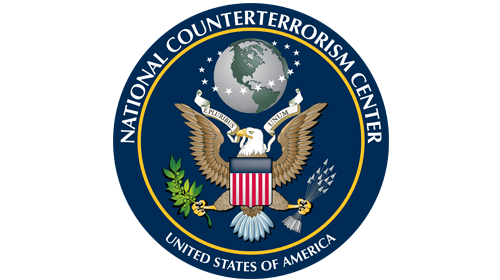
The government is adding people to its already bloated watchlisting system at breakneck pace, and it's still hungry for more. That's the unavoidable conclusion from published yesterday in .
Those documents vindicate our concerns and warnings about a massive, virtually standardless government watchlisting scheme that ensnares innocent people and encourages racial and religious profiling.
The documents confirm what we have long suspected: It doesn't take much to get yourself on a terrorist watchlist. The government's recently leaked starts with a poorly defined "reasonable suspicion" standard and then subjects it to so many exceptions and caveats as to render it virtually toothless. The unsurprising result, as is clear from these documents, is a set of watchlists experiencing explosive growth.
Here are some of the numbers that stood out for us (unless otherwise indicated, as of August 2013):
- 1,000,000: The number of people in the Terrorist Identities Datamart Environment (TIDE). TIDE is the government's central repository of classified information that serves as the basis for various watchlists, including the master watchlist, or Terrorist Screening Database. The National Counterterrorism Center has that as of August 1, 2014, TIDE held 1.1 million names – roughly the combined population of Wyoming and Vermont. The documents show that when the government includes people in TIDE, it seeks out and adds to the secret database information, such as photos from state DMVs, and biometric data, like fingerprints, facial images, and DNA strands.
- 680,000: The number of people in TIDE who have also been placed on the master watchlist, which is shared with other federal agencies, state and local law enforcement, and at least 22 foreign governments. Inclusion on the master watchlist can have myriad consequences, including an inability to travel by air or sea, invasive screening at airports, denial of a U.S. visa or permission to enter the United States, or detention and questioning by U.S. or foreign authorities.
- 280,000: The number of people on the master watchlist who have "no recognized terrorist group affiliation" – a troubling but unsurprising reflection of how loose and exception ridden the standard is for inclusion on the watchlist. People can be listed as "suspected" terrorists not because of any wrongdoing but because of unwitting associations with someone else the government deems suspect.
- 20,800: The number of U.S. persons (citizens and lawful permanent residents) in TIDE.
- 1,175 percent: The growth in the number of people on the No Fly List between 2009 and August 2013, when there were 47,000 people on the No Fly List.
- 900: The number of TIDE records added or "enhanced" each day.
- 60: The number of TIDE records deleted each day.
Here's another number to keep in mind, even though it's not referenced in the documents: 98,153. That is the population of Dearborn, Michigan, which is at the center of one of the largest communities of Arab Americans in the country. According to the leaked documents, Dearborn has more watchlisted individuals than any other U.S. city except for New York – more than Chicago (population 2.7 million), Houston (2.1 million), and San Diego (1.3 million).
We already knew that the FBI has long engaged in suspicionless assessments and ethnic "mapping" of the Arab-American community in Michigan. Now we also know that the government's watchlisting of that community is disproportionate in the extreme. In short, the government's use of watchlists is unfair, unsupported, and discriminatory.
Of course, it is impossible to quantify the stigma and loss of liberty experienced by individuals who are wrongly or mistakenly watchlisted. The plaintiffs in our No Fly List case, for instance, have been suffering the consequences of their placement on the list for years. The impact on their personal and professional lives has been devastating.
A federal judge has already agreed that the government's failure to provide our clients with a meaningful way to clear their names is unconstitutional. We will be back in court on Tuesday, arguing that there is an immediate need for a fair process.
Learn more about watch lists and other civil liberty issues: Sign up for breaking news alerts, , and .

